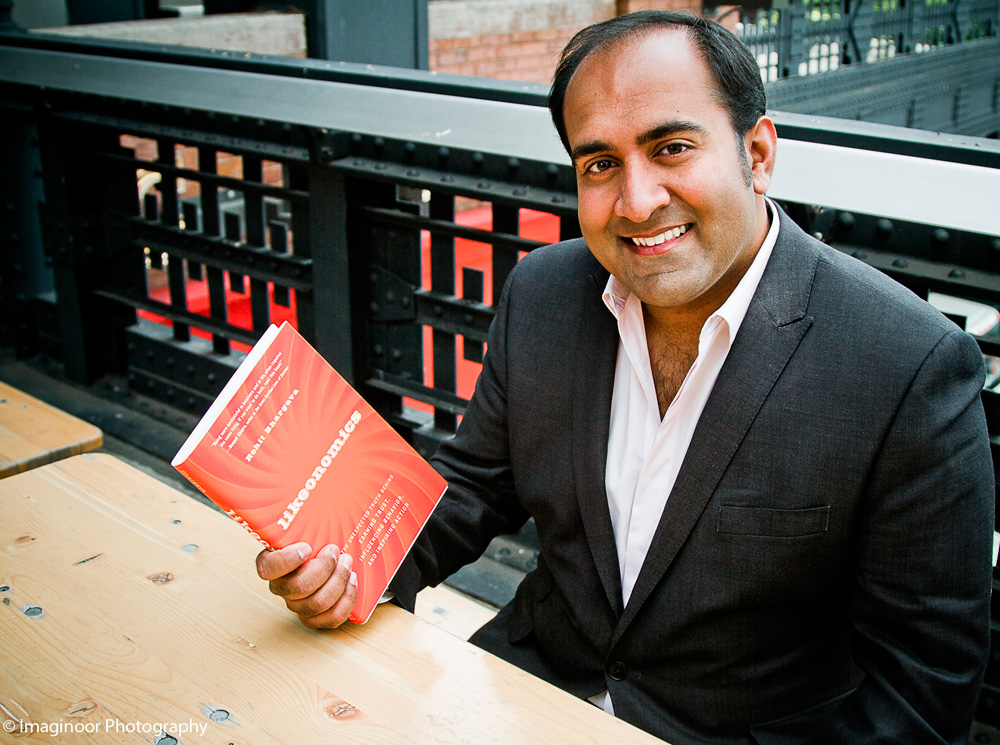
Courtesy of the Big Trend Hunt
Social media marketing is no longer the preserve of the elite few. More and more companies invest in creating their own Facebook fan pages, blogs, forums, Youtube channels and Twitter accounts in a bid to reach out to their customers. The game is no longer about reach and eyeballs alone, but fans, followers and “Likes”.
Increasingly, forward-thinking businesses begin to realise that the principles of social engagement shouldn’t just apply to their marketing and PR departments. With almost everybody having an online presence – from the CEO to the office boy – companies can ill afford to ignore the need for the rest of the company (HR, Finance, Procurement, Manufacturing, Logistics etc) to “go social”.









